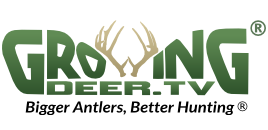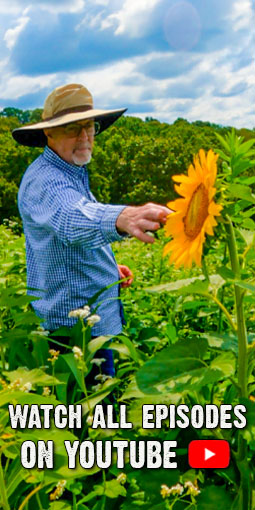Supplemental Feed for Deer
Filed under: Ask Grant, Deer Management
Thanks for answering my last question!! Here’s another one: our club leases 7,000+/- acres of topographically similar, but managed pine timberlands (85%+ pinelands). This past year hardwoods have been in demand and the harvest of those premium hardwood bottoms has been intense with re-plantings by the landowners only in pine. Although the natural shrub browse is good throughout the lease most of the year (middle Alabama), our club has established a supplemental feeder program with grain (corn) feeders throughout the post-hunting spring and summer season based on a belief that there is not enough good natural food in these timberlands. We also plant winter food plots with a multi-seed mix. What’s your opinion on establishing spring/summer food plots versus grain feeders? Would that provide for an overall better long-term herd food program? (i.e. if we feed cattle from the corn hopper, why not deer?) Thanks!! Dan
Dan,
There are some clubs that have a great supplemental feeding program. However it’s a lot of work to do correctly. Feeders should be cleaned frequently (every week), moved every other week (so deer aren’t picking up the spilled grain from areas covered with feces, urine, etc.) and enough feeders should be maintained so that deer are not constantly fighting (being stressed) at feeders. In addition, predators learn to key in on deer at feeders rapidly. This plus the huge monetary cost of buying feed, feeders, and maintaining the feeders makes a good supplemental feeding program prohibitive for most folks.
It’s almost always much less expensive to grow high quality feed on site compared to someone else growing, harvesting, packaging, shipping, going through brokers, retailers, etc.
Cattle are vaccinated so they are not as likely to get sick when using feeders that are not cleaned. In addition, predators don’t pattern cattle as readily as they do deer using a feeder. Finally, cattle rarely fight as much as deer at feeders. Cattle are herd animals by nature; white-tailed deer are not comfortable in large herds of non-family members.
A final consideration is that it is common for birds, squirrels, raccoons, etc., to consume a significant portion of the supplemental feed. You can literally have squirrels and raccoons consume thousands of dollars of feed. Unless it’s prohibited by your lease agreement, I suggest you strongly consider growing the food on site.
Growing Deer together,
Grant



